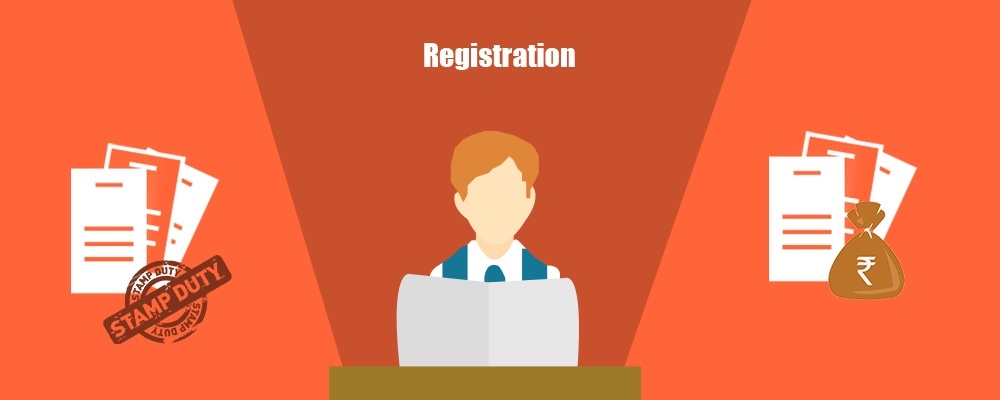Nothing is more satisfying than buying your own house and most people dream about owning their own home. Amit is one of these people.
Amit is a well-paid IT professional who religiously saves small amounts from his salary. These savings have now accumulated into a huge fund and he is looking to buy his first house with it. With years of work life ahead of him, he has zeroed in on an independent house in a posh locality. The house is already booked in his mind.
Before going ahead with the booking though, Amit wants to learn everything he can about the legalities involved in purchasing a property. So, he enquires about the registration procedure, legal compliance and especially about the stamp duty and registration charges.
Let’s see what these terms mean:
Stamp Duty: What is it?
Tax levied on certain types of legal documents by the Government is called Stamp Duty. This duty is collected under the Indian Stamp Act, 1899. The document can be a sale deed, conveyance deed, gift deed, mortgage deed or any of the other documents, as defined under the Act. Basically, these documents are used to create rights and liabilities of the parties involved in the transaction. The stamp duty and registration charges are used to establish ownership and acts as evidence against sale or purchase of a property in a court of law. The possession of the legal ownership is as important as the possession of the house. To create legal ownership, it is important to get the property registered in your name and this process requires the payment of stamp duty.
Collection of stamp duty is based on the value of the property. As per the current norm stamp duty is genereally paid on the circle rate defined by the State Government. Stamp duty also differs from state to state as well as property to property and even between urban and rural areas.
When should one pay Stamp Duty?
Stamp duty is payable at the time of registration of the property:
Whose name will the stamp paper bear?
Stamp paper can be purchased in the name of either of the parties entering into the agreement.
How to pay stamp duty?
There are 3 ways to pay stamp duty:
1) Non-judicial stamp paper (physical stamp paper).
2) E-stamping (computer based application for paying stamp duty).
3) Franking (duty is paid through a franking agency or an authorised bank)
Additional Reading: 8 Taxes All Indians Pay
REGISTRATION
What is Registration of Document?
When a property is purchased, the process of recording the ownership of the property in Government records is known as ‘Registration of Document’. Once the stamp duty is done, the sale deed is registered under Registration Act, 1908. This registration process is carried out under the appropriate sub-registrar having teritorial jurisdiction of the property.
Is any registration fee payable?
Yes, a registration fee is payable in order to get the registration done. The registration fee differs from state to state.
What are the requirements?
Registration of documents involves a detailed procedure and requires thorough documentation. A written instrument namely a sale deed, duly stamped and signed by the parties, along with identity proofs, is required to be submitted to the registration office. Furthermore, in addition to the parties entering into the contract, two witnesses are also required. A few other requirements, as applicable, need to be fulfilled to complete the procedure.
What is the conclusion?
Buying a property, namely a house, is one of the most important decisions that one takes in theirlife. It involves a huge investment of money. Hence it is strongly advised that one do adequate due-diligence and make sure that all the legal formalities have been complied with.
Make sure you take all the legal precautions!
- Have the documents of the property checked by a competent authority to ensure that the title of the property is clear and free from any encumbrance.
- Search the land records and go through the record of rights.
- Ensure that the plan of the property is cleared and approved by the relevant authority of the State.
- Ensure that proper documentation is in place before registering your property.
- Additionally, you can give a notice in the newspaper to check the claims with respect to the property.
As they say, prevention is better than cure. Don’t forget this while making the biggest purchase of your life.
If you’re thinking abouit buying a house and are interested in a loan, check out some offers on Home Loans from BankBazaar.
